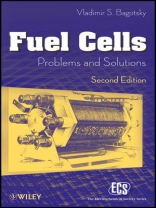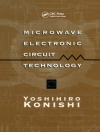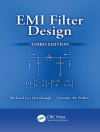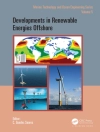The comprehensive, accessible introduction to fuel cells, their
applications, and the challenges they pose
Fuel cells–electrochemical energy devices that produce
electricity and heat–present a significant opportunity for
cleaner, easier, and more practical energy. However, the excitement
over fuel cells within the research community has led to such rapid
innovation and development that it can be difficult for those not
intimately familiar with the science involved to figure out exactly
how this new technology can be used. Fuel Cells: Problems and
Solutions, Second Edition addresses this issue head on, presenting
the most important information about these remarkable power sources
in an easy-to-understand way.
Comprising four important sections, the book explores:
* The fundamentals of fuel cells, how they work, their history,
and much more
* The major types of fuel cells, including proton exchange
membrane fuel cells (PEMFC), direct liquid fuel cells (DLFC), and
many others
* The scientific and engineering problems related to fuel cell
technology
* The commercialization of fuel cells, including a look at their
uses around the world
Now in its second edition, this book features fully revised
coverage of the modeling of fuel cells and small fuel cells for
portable devices, and all-new chapters on the structural and
wetting properties of fuel cell components, experimental methods
for fuel cell stacks, and nonconventional design principles for
fuel cells, bringing the content fully up to date.
Designed for advanced undergraduate and graduate students in
engineering and chemistry programs, as well as professionals
working in related fields, Fuel Cells is a compact and accessible
introduction to the exciting world of fuel cells and why they
matter.
Despre autor
Vladimir S. Bagotsky is an acclaimed scientist in the field of electrochemical phenomena. A former department head at the Moscow Power Sources Institute, where he supervised the development of fuel cells for various national and international projects, including the Sputnik satellites, Dr. Bagotsky also spent twenty years as a department head and principal scientist at the A. N. Frumkin Institute of Physical Chemistry and Electrochemistry. He has published more than 400 papers in scientific journals and in 2010 was acknowledged by the ECS for his sixty-five years spent working in theoretical electrochemistry, electrocatalysis, and applied electrochemistry.












